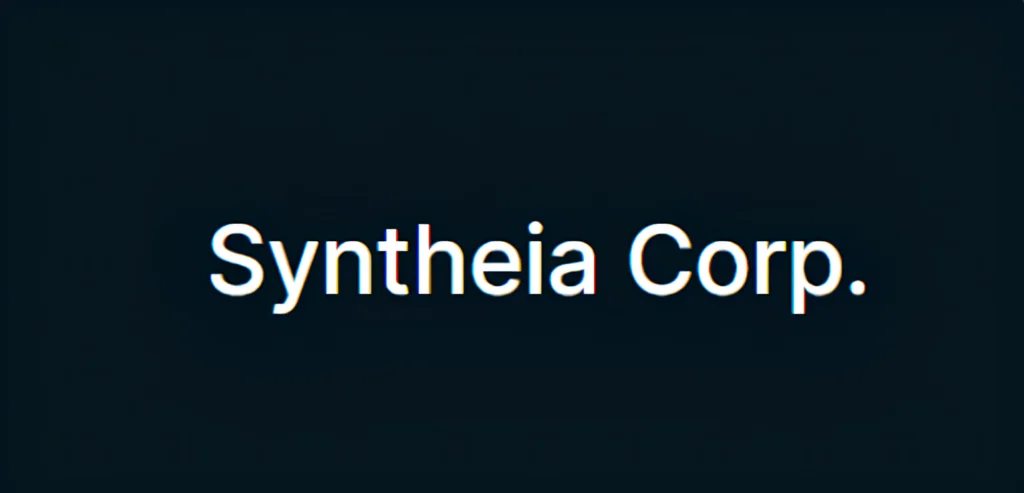Table of Contents
Optimization refers to the complex challenge of finding the best choice of solution to problems that often have many constraints. Businesses and organizations constantly face optimization challenges, and quantum and hybrid quantum approaches offer paths toward solving some of the most important – and most complicated– optimization problems facing those organizations.
What Are Optimization Problems?
Most quantum experts speak of industry-specific use cases for quantum computing. Quantum Computing Inc. (QCI) is focusing on developing technology – specifically the company’s Dirac-series computational devices and its Entropy Quantum Computing methodology – to tap the power of quantum information science to solve problems that all businesses and organizations face in one form or another – optimization problems.
Optimization problems are simply obstacles to finding the best set of choices in a situation given certain constraints. In mathematical terms, there is an objective, which is the main function to be maximized or minimized, while the constraints are conditions that must be met by the variables within the system.

It may sound simple enough, but in the real world, those constraints are plentiful and vexing, making the solution complex and multi-dimensional, said Quantum Computing Inc.’s (QCI) Chief Technology Officer and Chief Operating Officer William McGann. Solving optimization problems efficiently could open up benefits ranging from better mail delivery to cheaper medical treatments.
“In the real world, what optimization does is solve complex problems with a lot of variables, whether it’s finding points on maps, finding the best path to route a truck to deliver goods, whether it’s to figure the best routing for power distribution on an energy grid, whether it’s helping Uber figure out how to minimize the number of cars or vehicles that need to cover a certain area to fill a certain ride capacity per hour, it’s a complex problem with a lot of variables.” said McGann.
How Can Businesses Profit From Understanding Optimization Problems?
Running a business, itself, is an optimization problem at heart, McGann said. Businesses look to balance minimizing costs with other factors that maximize the growth of the company’s profitability, which is an optimization problem by definition.
QCI sees quantum as a way to find paths – many which might be hidden, or at least currently considered intractable – to maximize companies’ profit by optimizing important cost line items.
“We can look at optimization, in general, from a business point of view and this wouldn’t matter whether it was finance, travel, logistics, supply chain, or whatever operational function you can think,” said McGann. “One of the critical elements is to start by looking at how to minimize the costs and then overlay all of the other factors in the business, these other constraint variables – and there can be many hundreds of constraints, depending on the complexity – that will bring the cost up from some absolute minimum number, but will also maximize the growth of the profitability of that entity as a whole.”
Why Are Quantum Computers Good At Solving Optimization Problems?
Given all the computational power available to businesses and organizations, the question then becomes why not just leverage classical computers for solving optimization problems?
Some of these optimization problems are just too complex for classical computers, said McGann. Classical supercomputers may even struggle with these tasks.
Quantum computers, however, fit well into tackling optimization problems.
McGann said that quantum computers, such as QCI’s Dirac 2, can provide better answers and more insightful paths for complex problems. The reasons quantum computers are more adept at providing those better answers is their ability to handle multiple variables interacting simultaneously.
However, McGann said that the way quantum computers are portrayed as competition for classical computers is off target. Quantum computers are partners in the process of helping businesses and organizations find solutions.
“If a customer asked me ‘Why do I need a quantum computer if I have a perfectly good classical computer here?’ My answer would be, ‘You might be right.’ It depends on the customer,” said McGann “I would never say, ‘Quantum computers are going to replace classical computers, so you need to get on board.’ I don’t believe that will ever happen. We don’t need quantum computers to replace classical computers. We need quantum computers to provide for complex problems, better answers or more insightful paths of how to conduct certain elements of your business.”
Why QCI’s Dirac Devices Are Finely Tuned to Solve Optimization Problems
While quantum computers are expected – in the future – to be able to master optimization challenges that are too complicated for classical computers, QCI’s Dirac series devices are designed to handle optimization problems that are tough for even today’s quantum computers.
The key to Dirac’s ability to wrangle complex optimization situations is the device is distinct in its high dimensionality of its qudit approach.
A qudit – with a “d” — is a quantum system with a finite-dimensional state space, similar to a qubit which is a two-dimensional quantum system. A qudit can have more than two dimensions and is often relied on by scientists in quantum computing and quantum information processing, particularly where higher-dimensional systems can offer potential advantages in certain algorithms and protocols.
The 64-qudit Dirac 2 is six times more efficient than a qubit machine. But, what that really means is the Dirac 2 offers advantages – compared to other classical and quantum systems – to deliver solutions to problems that go beyond binary answers.
“The real business benefits of Dirac 2 are that we can use it to solve optimization problems where the decisions go beyond zero and one,” said McGann. “We can tackle problems that you have in business where you have to count things, versus just say, “Is this good or bad? Yes, or No?” said McGann. “Qubit machines can basically do those yes or no questions. The way a qubit machine would solve an integer, like n greater than zero, and one problem is to take a whole bunch of qubits and string them together, similar to binary encoding.”
Qudit machines can attack the problem more directly without relying on that work-around, according to McGann.
Solving Real-World Business Optimization Problems
QCI has already shown the ability to leverage its quantum device – steered by the company’s Entropy Quantum Computing approach – to solve optimization problems in the real world.
In 2021, the company entered the BMW Group and Amazon Web Services (AWS) Quantum Computing Challenge. In a classic example of a complex optimization challenge, the car company wanted to find optimal configurations of sensors on a vehicle that would provide maximum coverage – for example detect obstacles in different driving scenarios – at minimum cost.
McGann said it is an incredibly complex problem consisting of 3,854 variables and over 500 constraints.
QCI is currently testing its approach to optimize supply chains for a company that not only needs components to be delivered, but must be delivered at precise times. This creates an intricate web of variables and corresponding constraints.
“Often, the real power of a company might not just be in its products, but in its ability to manage these complex supply chains,” said McGann.
The QCI team is able to formulate integer problems directly and solve it on the Dirac 2 because, again, the Dirac 2 can naturally handle problems that aren’t simply the yes-or-no binary decisions.
“You can make anything into a qubit problem in your logistics, but it’s really hard to formulate, if you’re counting things other than yes or no or zero – those binary decisions,” said McGann “Most problems in the world there are not zero or one.”
The Future of Solving Real-World Optimization Problems
McGann is careful to acknowledge that the company hasn’t achieved quantum advantage – when a quantum computer performs a task significantly faster or more efficiently than any non-quantum computer – yet.
But that “yet” is the key.
McGann said that QCI has several paths toward improving both their technology and approaches to close the gap on quantum advantage. And they are pursuing those improvements right now.
QCI’s technology and methodological approaches can help businesses optimize their operations today and the Company’s technology roadmap promises to offer great advances to the industry very soon..
“We see this as something we are pursuing right now,” said McGann. “We are building it right now – and we are testing it right now.”
If you found this article to be informative, you can explore more current quantum news here, exclusives, interviews, and podcasts.















